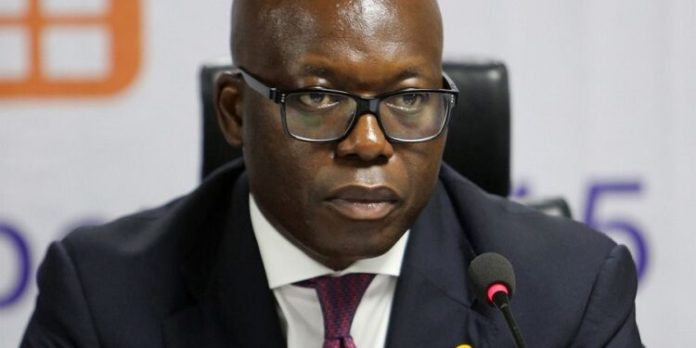Wale Tinubu, the Group Chief Executive Officer of OANDO Plc, has emphasized that Nigeria’s onshore oil assets are best managed by indigenous oil companies due to their closer relationships with host communities, better handling of security challenges, and a deeper understanding of local regulations.
Tinubu expressed this view during an interview with CNBC Africa at the World Economic Forum 2025 in Davos, Switzerland.
Tinubu’s Perspective
Tinubu pointed out that local players in Nigeria’s oil and gas sector have the required skills, technology, and funding capabilities to effectively manage onshore operations. He explained:
- Engagement with communities: Indigenous operators are better equipped to build trust and collaborate with host communities, which is critical in reducing tensions and securing operations.
- Security and regulatory management: Proximity and familiarity with local dynamics allow for improved handling of security issues and regulatory compliance.
- Economic benefits: Indigenous players’ involvement contributes to boosting Nigeria’s oil exports, improving the balance of trade, and increasing foreign exchange reserves to strengthen the economy.
“The onshore assets in Nigeria are best in the hands of local players. The level of technology that is required to drill them is something that is commonplace. Nigerians have the skill, and the capacity, and we can also secure the funding,” Tinubu noted.
Exit of International Oil Companies (IOCs)
Tinubu’s remarks align with a growing trend of International Oil Companies (IOCs) exiting onshore operations in Nigeria over the past two years. Major players like Shell, ExxonMobil, TotalEnergies, and Eni have sold their onshore assets to indigenous operators.
Recent IOC Divestments:
- Eni: Sold its onshore assets to OANDO Plc for $783 million.
- ExxonMobil: Divested Nigerian assets (including onshore and offshore operations) to Seplat Energy Plc.
- TotalEnergies: Transferred its 10% stake in Shell Petroleum Development Company to Chappal Energies.
- Shell: Sold a 30% stake in SPDC to a consortium of local companies, including ND Western, Aradel Energy, Waltersmith, and Petrolin.
Reasons for IOC Exits
IOCs are shifting their focus to offshore operations due to persistent challenges in the Niger Delta region, including:
- Oil theft: Chronic pipeline vandalism and large-scale theft have led to significant financial losses.
- Sabotage and spills: Frequent sabotage of oil installations has contributed to environmental degradation and legal disputes.
- Community conflicts: Confrontations with host communities and environmental groups have created operational and reputational risks.
- Ineffectiveness of government initiatives: Despite measures like the Niger Delta Development Commission and the 2009 amnesty program, security and environmental issues remain unresolved.
Industry Data
According to reports, Nigeria recorded 589 oil spills in 2024, with the majority attributed to oil theft. These persistent challenges have driven IOCs to focus on offshore assets, such as Shell’s $5.5 billion investment in the Bonga North Deepwater project.
The Role of Indigenous Operators
Indigenous oil companies have stepped in to fill the gap left by IOCs, taking over onshore assets and contributing to the economic development of the region. Tinubu believes this shift is vital for Nigeria’s economic recovery, especially during its current period of economic challenges.
“We need to improve our exports, improve our balance of trade, and secure as much foreign exchange as we can. The fastest way to achieve this is through the oil industry,” Tinubu said.

